Judge considers request to pause rezoning of Ford EV plant in Marshall

A judge is taking additional time to consider whether or not to grant a temporary restraining order that would briefly suspend rezoning — and, as a result, construction — of Ford Motor Company's planned electric vehicle battery plant in Marshall.
Visiting judge William Marietti heard oral arguments Wednesday from the Committee for Marshall — Not the Megasite, the City of Marshall and the Marshall Area Economic Development Alliance on the matter, ultimately informing the parties that he will be issuing a written opinion on the TRO request within the next five days.
"I understand, believe me, the significance of this particular issue for all the parties involved here," Marietti said Wednesday. "It has very, very prodigious significance and I fully appreciate that, and I will give it my best efforts to give you an informed decision on this."
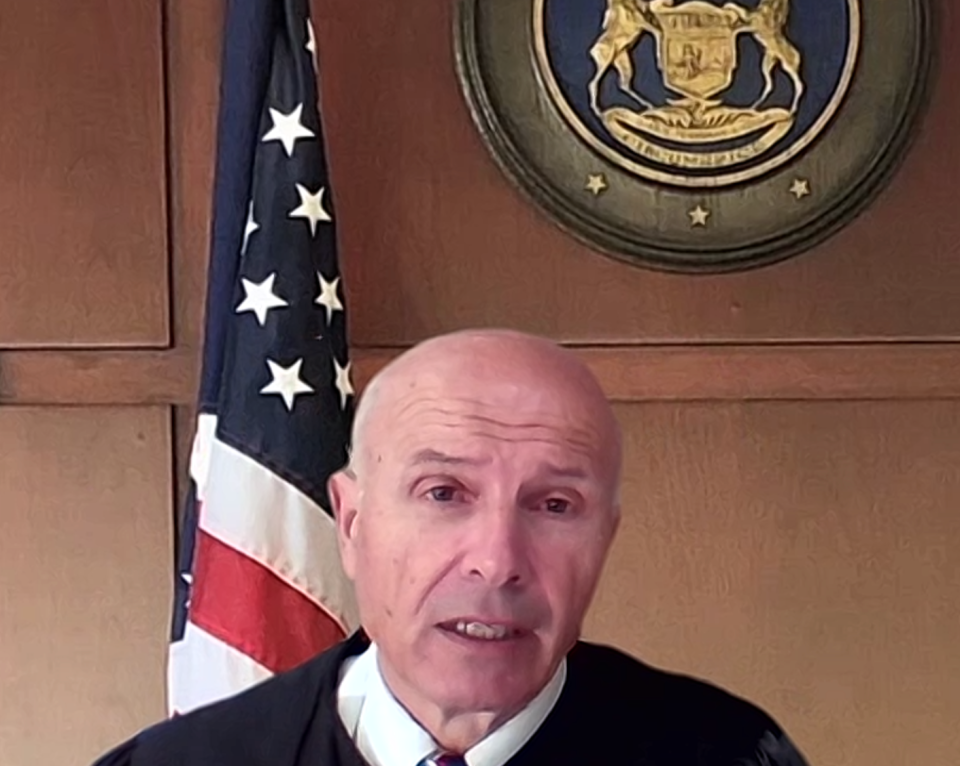
The Committee for Marshall — Not the Megasite filed a lawsuit against the City of Marshall and City Clerk Michelle Eubank in Calhoun County Circuit Court on June 27 after its petition for a city-wide vote on rezoning tied to Ford's EV battery plant was denied by Eubank. The committee submitted roughly 810 signatures on May 30, well above the minimum threshold of 578 signatures (10% of registered voters) required by the city charter to place the measure on the ballot.
The lawsuit asks the court for an order to direct Eubank to immediately issue a certificate of sufficiency on the referendum petition, and to suspend Ordinance # 2023-08 — which effectively rezones 741 acres of the Marshall Megasite in support of the Ford project — as required by the city charter.
On Wednesday, Marietti granted MAEDA's request to intervene in the case as a defendant, citing the organization's unique interest in the case as the current property owner of the land subject to the rezoning. Similar requests to intervene made by the Michigan Economic Development Corporation, Michigan Strategic Fund, Marshall Citizens for Jobs and Opportunity and Ford were denied Wednesday as Marietti determined the interests of those parties will be adequately represented by the city and MAEDA.
Eubank indicated June 16 that the targeted ordinance rezoning 741 acres of the Megasite is not subject to a referendum or vote because the ordinance amendment approved by the city council included appropriations of $40,000 for site plan review services and $250,000 for building inspection services for the proposed project. Such appropriations make the ordinance amendment ineligible for referendum under Article V, Section 5.01(b) of the city charter.
"The ordinance included an illegal addition of a second subject, an appropriation of money, which was not included in the title," committee members said in a statement at the time of the lawsuit filing. "This violated the city charter’s single subject title rule, as well as a restriction on passing appropriations via resolutions only. Residents warned the city council that the appropriation provision was illegal at the May 1 and June 15 council meetings, but those warnings were ignored."
Eubank also determined the petition lacked the minimum number of valid signatures to place the measure on the ballot, in large part because the bulk of signatures were obtained by circulators that were not part of the five-member petition committee.
Committee members only circulated and submitted referendum sheets with 136 valid signatures, according to Eubank. The other signatures were obtained from circulators that were not members of the committee, she said.
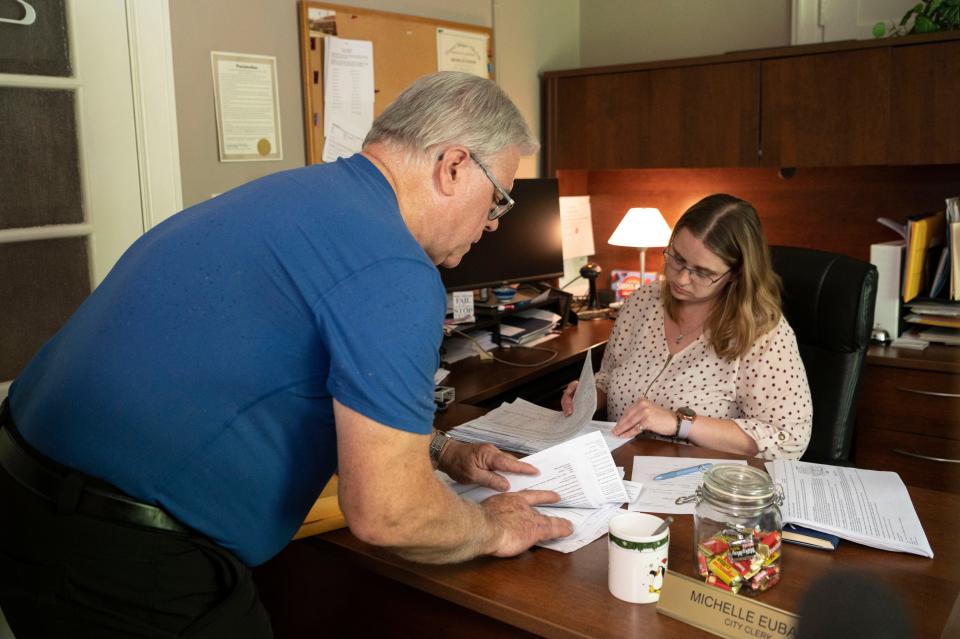
Committee members have repeatedly argued the city charter does not explicitly state that only committee members can collect signatures. Article V, Section 5.02 of the charter states that "any five qualified electors of the city may commence initiative or referendum proceedings by filing an affidavit with the city clerk stating they will constitute the petitioners' committee and will be responsible for circulating the petition and filing it in proper form."
"There is nothing limiting the word ‘responsible' (in the city charter)," Robby Dube, an attorney representing the Committee for Marshall — Not the Megasite, argued Wednesday. "It clearly does not restrict to only circulators and if it does, it’s unconstitutional."
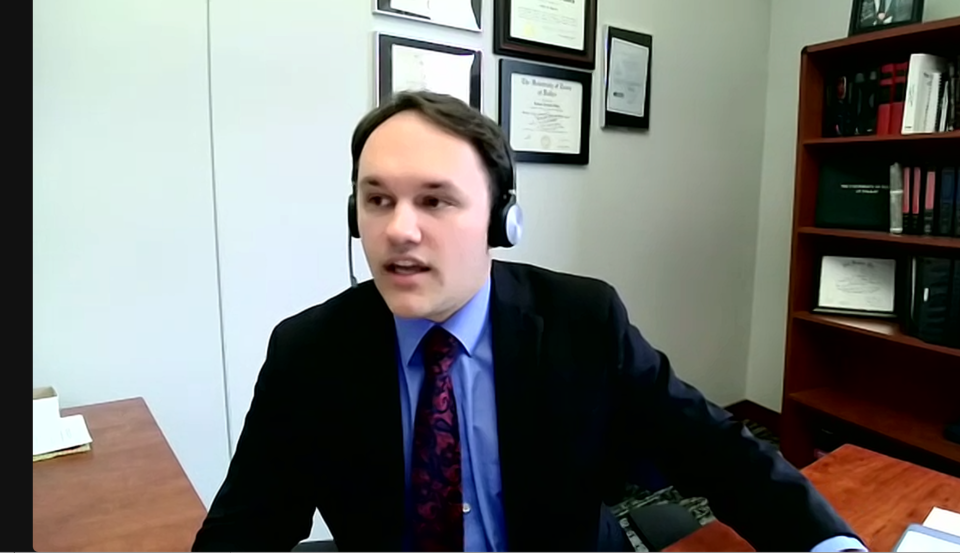
The Marshall City Council unanimously approved a request to rezone 741 acres of the Marshall Megasite to Industrial and Manufacturing (I-3) Zoning on May 1, marking a key step forward in Ford's plans to build the EV battery plant — dubbed BlueOval Battery Park Michigan — on 950 acres of the roughly 2,000-acre Megasite.
Dube argued the city has violated petitioners' constitutional rights and its own charter in its rejection of the referendum petition.
"The clerk is not allowed to deny a referendum based on legal grounds, period," Dube argued, adding the appropriation of money included in the ordinance amendment is illegal and must be severed as appropriations must be passed by resolution, not ordinance, according to sections 9.06 and 9.08 of the city charter.
Marshall legal counsel Joseph Colaianne disagreed.
"Nowhere does the city charter restrict solely appropriations by resolution, it does not say that," Colaianne said, arguing the sections identified by Dube only refer to the city's annual budget.
"The appropriation is necessary because this is one of the largest projects that will ever face the city of Marshall," Colaianne continued. "The appropriation that was included in the ordinance itself is legally and technically appropriate because it’s in furtherance of what the ordinance has proposed."
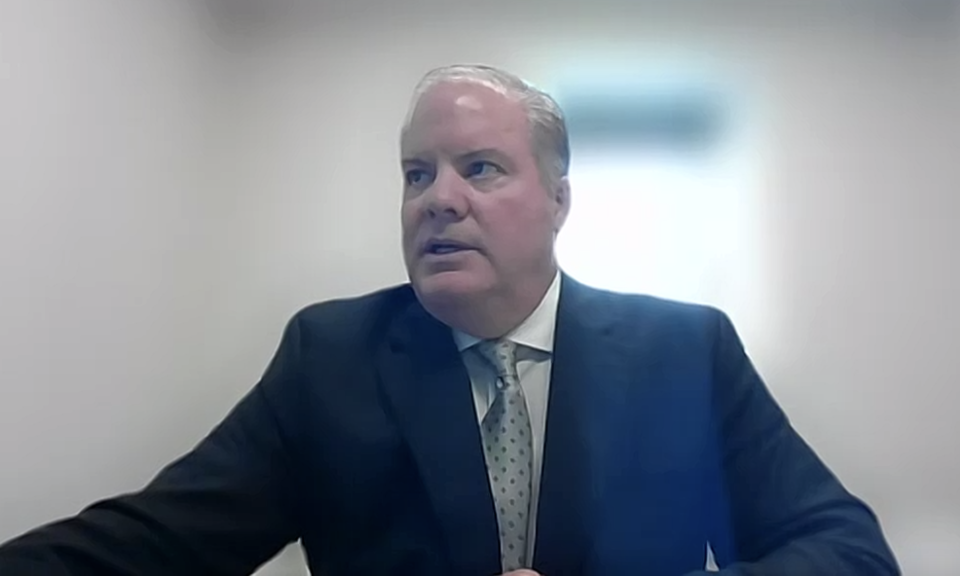
MAEDA legal counsel Christopher Zdarsky further argued to the judge that injunctive relief is not appropriate in this instance because "the relief requested by the petitioners is the ultimate relief they want in this case."
"There’s going to be no harm here to the petitioners to allow the status quo to stay in place which is the ordinance remains in effect, the zoning change remains in effect, subject to the outcome of this lawsuit," Zdarsky said. "There is no burden that the petitioners are going to suffer here if this litigation proceeds in the ordinary course and the court ultimately decides this case on the merits; on the flip side, there is a significant burden to MAEDA and to the city of Marshall if this court enjoins this ordinance because as you’ve heard, it’s going to halt the development of the Megasite."
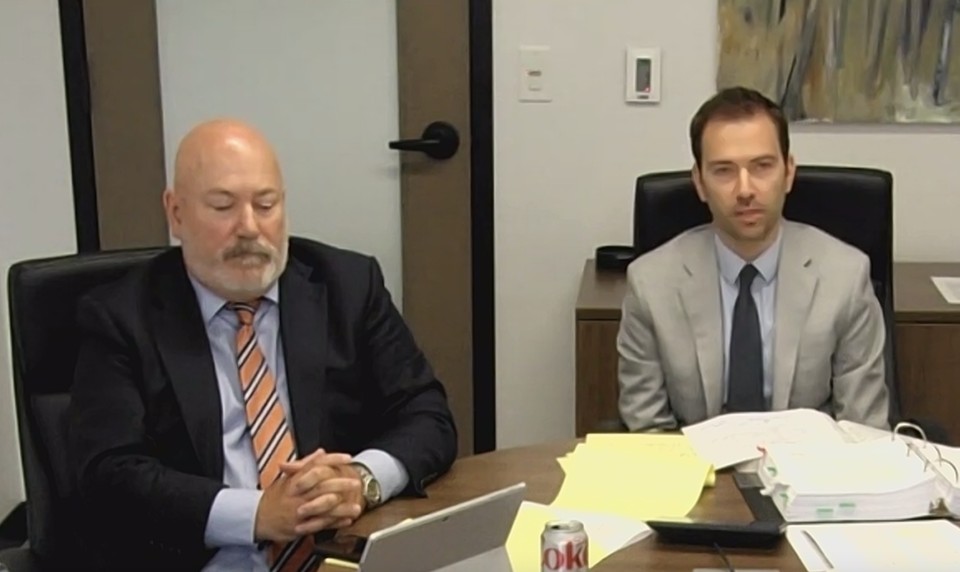
Dube countered it was ultimately MAEDA's choice to agree to an aggressive timeline for the project.
"When you agreed to be in Marshall, you did agree that rezoning could be referred," Dube said. "You don't get to come to the court and complain that it's not fair that we might lose out on money based on a risk that we knew from the very beginning because the people are exercising their constitutional rights. This is an election law case. There was irreparable harm when you violated our right to petition and free speech, which you did by denying our signatures and denying the referendum that was valid based on those signatures."
Ford in February announced its intention to build the nearly 2.5-million-square foot EV battery plant on a portion of the Megasite, a 2,000-acre parcel southwest of the I-94/I-69 interchange in Marshall Township that's been considered for decades as a potential destination for a large-scale manufacturing operation.
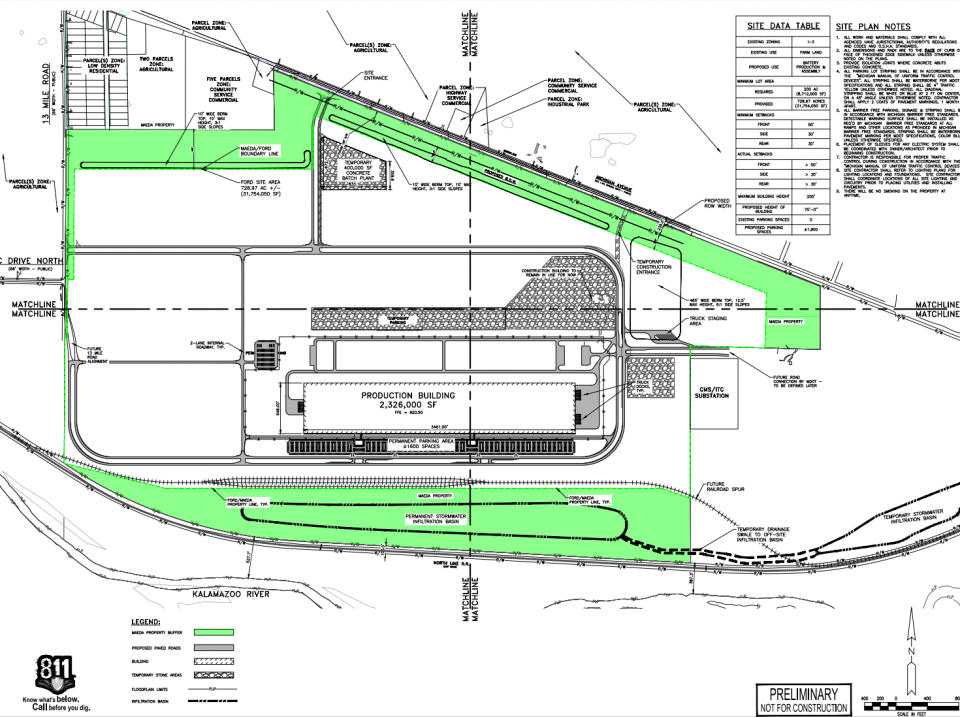
The automaker plans to invest $3.5 billion to make the EV battery plant a reality, an investment that's expected to create 2,500 jobs when production of lithium iron phosphate batteries begins at the plant in 2026.
Ford has previously said construction of the plant will begin later this summer.
Contact reporter Greyson Steele at gsteele@battlecreekenquirer.com
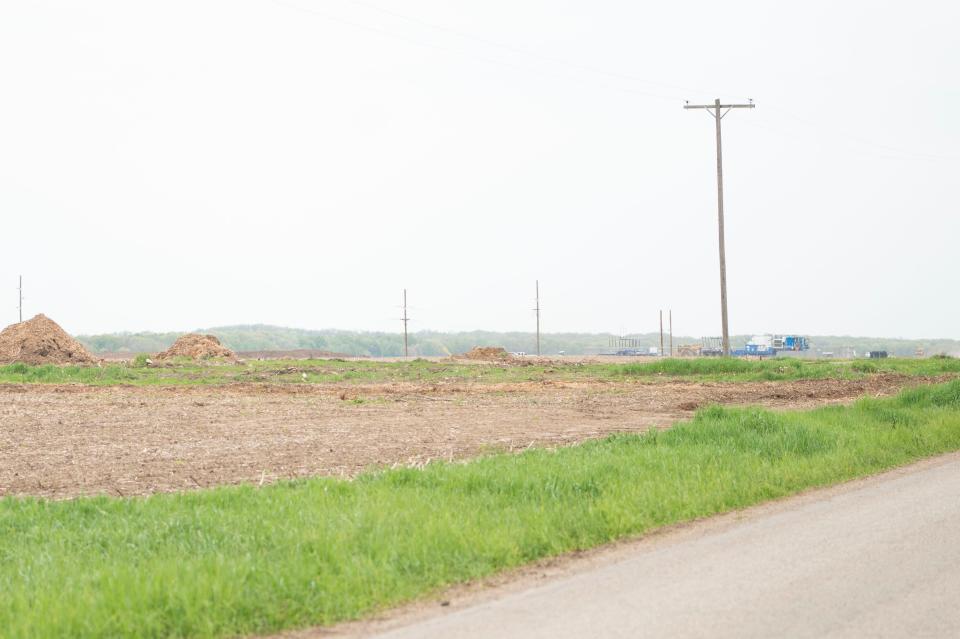
This article originally appeared on Battle Creek Enquirer: Judge considers request to pause rezoning of Ford EV plant in Marshall

